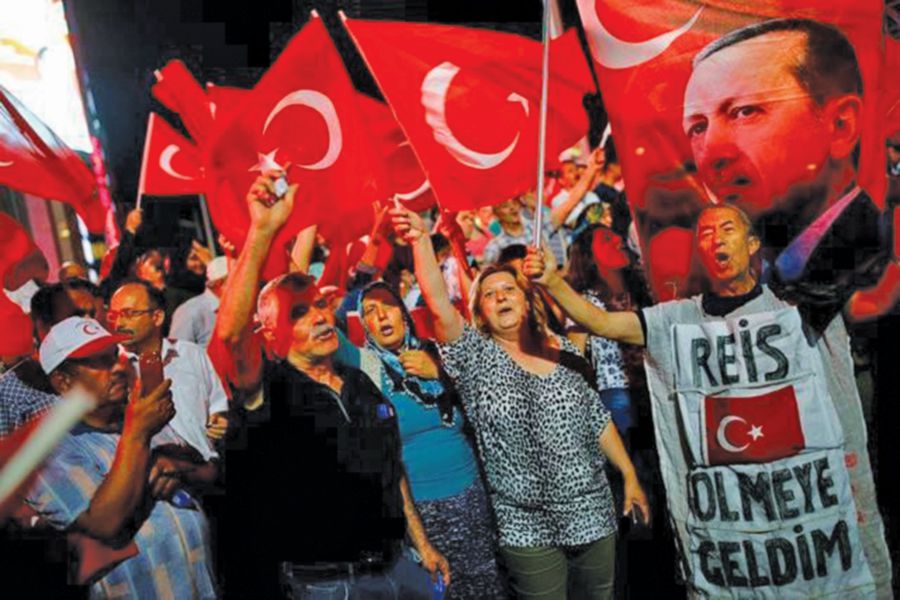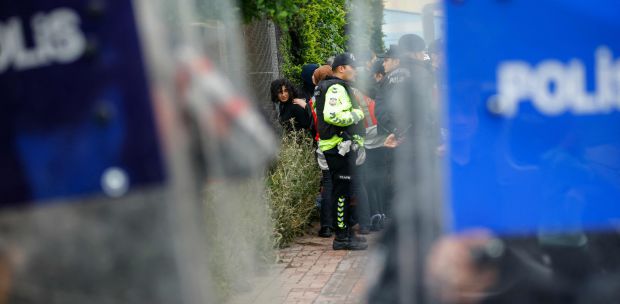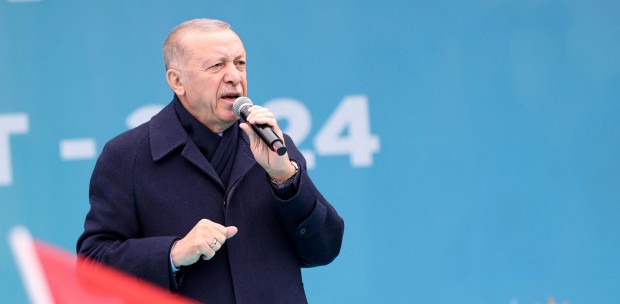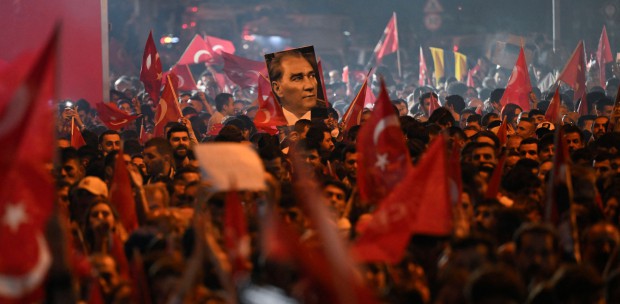“I HAVE yet to see any power greater than that of the people” challenged Turkish President Recep Tayyip Erdogan foes of his country that night, up in the air, as his plane ensconced in the darkness.
Accompanying him in the flight were his extended family including his grandchildren among whom was also a newborn. The date was significant.
July 15, 2016, started like any other day, little we knew then that it would usher Turkey into a new era on its long journey into democratisation marred by many coup d’etat over the years. This time though, it was different.
Unlike the systematic interventions that resulted in 1960, 1971, 1980, 1997 toppling of duly elected governments and the ensuing “e-memorandum” of 2007, this time the reaction of the Turkish nation would be different.
What was coming during the hours into the night and ensuing dawn, was the defeat of an egregious coup plot by the citizens of Turkey inside out. The coup attempt was carried out by maybe the least expected, a self-professed quasi-religious group namely FETO (Fethullah Gulen Terrorist Organisation), to put it more rightly, a modern day cult with pernicious motives to destroy a rapidly democratising society.
The nation, comprised people from different walks of life, cultures, religious denominations or ethnic backgrounds and varying historical or political heritages stood still in resolve, in no time, behind their leader, aka “Reis” the Turkish President to respond.
Since taking the national scene as the leader of Turkey at the outset of the millennium, Erdogan, as part of his commitment to democratising the country was determined to do away with the parallel state factions infesting the political machinery. That very night, as he called out upon his people to take the streets and fight for their will power, he knew that there was no going back for the nation. No longer succumbing to the powers that be to reproduce dependency and committed to continue on the road to a sustainable economic, social and political development in their own right, the people of Turkey heard him out thus followed suit.
The July 15 coup attempt was a blatant assailment on Turkey’s sovereignty that, by all means, belonged to nobody but its people. The nation acknowledged that the master planner(s) behind the attacks would wish for Turkey to go back to its old self of docile stance ready to bow to some of the longstanding powers of the world.
That Turkey was invariably star-struck by them. On that particular warm summer day, the image of an underprivileged Turkey was long gone. Turkey now was demanding to stand on equal grounds in a leveled playing field with self-confidence and stature of unpretentious demeanour.
Turkey, a home not just to Turks but to 3.5 million Syrian guests became a role model for millions with its genuine stance against violence, poverty, sickness and more. A fervent proponent of social justice and equity, Turkish leadership drew world’s attention to the disparities engendered by man-made conditionalities stemmed from the chasm between the haves and the have-nots. President Erdogan’s lamentation in this respect, is embedded in his ubiquitously referred statement which read “the world is greater than five”.
In short, Erdogan’s Turkey grew courageous enough to overtly pinpoint the ills of world economic and political systems. Turkey grew 4.5 per cent between 1923 and 2002, in other words, up until Erdogan’s Justice and Development Party (AKP) came to power since the inception of the republic.
Between 2003 and 2016, on the other hand, Turkey’s growth rate soared up to 5.7 per cent. That is to say, the strides made under AKP’s decade and half long reign, in respective areas purport to more significance than what has until then been carried out by any other government in office. Political liberalisation and economic development went hand in hand on Erdogan’s watch.
Long awaited economic boom was not a coincidental byproduct of his reformation policies. Neither was the fact that Turkey cleared out the entirety of its debts to the International Monetary Fund only a few years after AKP assumed office. These were the end results of meticulous efforts and earnestness of a visionary team under Erdogan leadership.
Turkey’s GDP growth rate for the first quarter of 2018 was 7.3 per cent, ranking it second on the list of G20 countries after India and right above China. Furthermore, while Turkey was not able to build on to any significance on innovative technology by 2000, it is now capable of producing a sizable portion of its defence industry, including the unmanned air and ground vehicles.
Two years ago on that infamous night, cognisant of before and after, what has so far been gained and what could then go in vain, with no trepidation, vacillation in their minds or fear in their hearts, masses took on the tanks heading towards them and the bullets sniped at them. Men, women and children, the young and the old, the leftists with the rightist joined hands in thwarting the most atrocious attack in modern Turkey’s history to change the turn of events in that very night.
Some 248 lost their lives, some smashed under the pallets of the tanks which were roaming the streets of Istanbul, some with their heads blown up, brains scattered all around, with one goal in mind: to protect what is theirs, the inalienable gift of representative democracy. Across the board, 2,193 people were wounded as a result of attacks on civilians by hovering F16s and bombings on the Presidential Complex, the Turkish Parliament, the Headquarters of Special Operations, Turkish Armed Forces Headquarters.
The experience of the July 15 coup attempt was a hard lesson learned, but, undoubtedly a telling one. Never and ever again, one could usurp the will power of the Turkish nation to succeed and thrive.
The writer is the Ambassador of the Turkish Republic to Malaysia.
Get the latest World Cup 2018 scores, highlights and updates from our dedicated news page, click here





